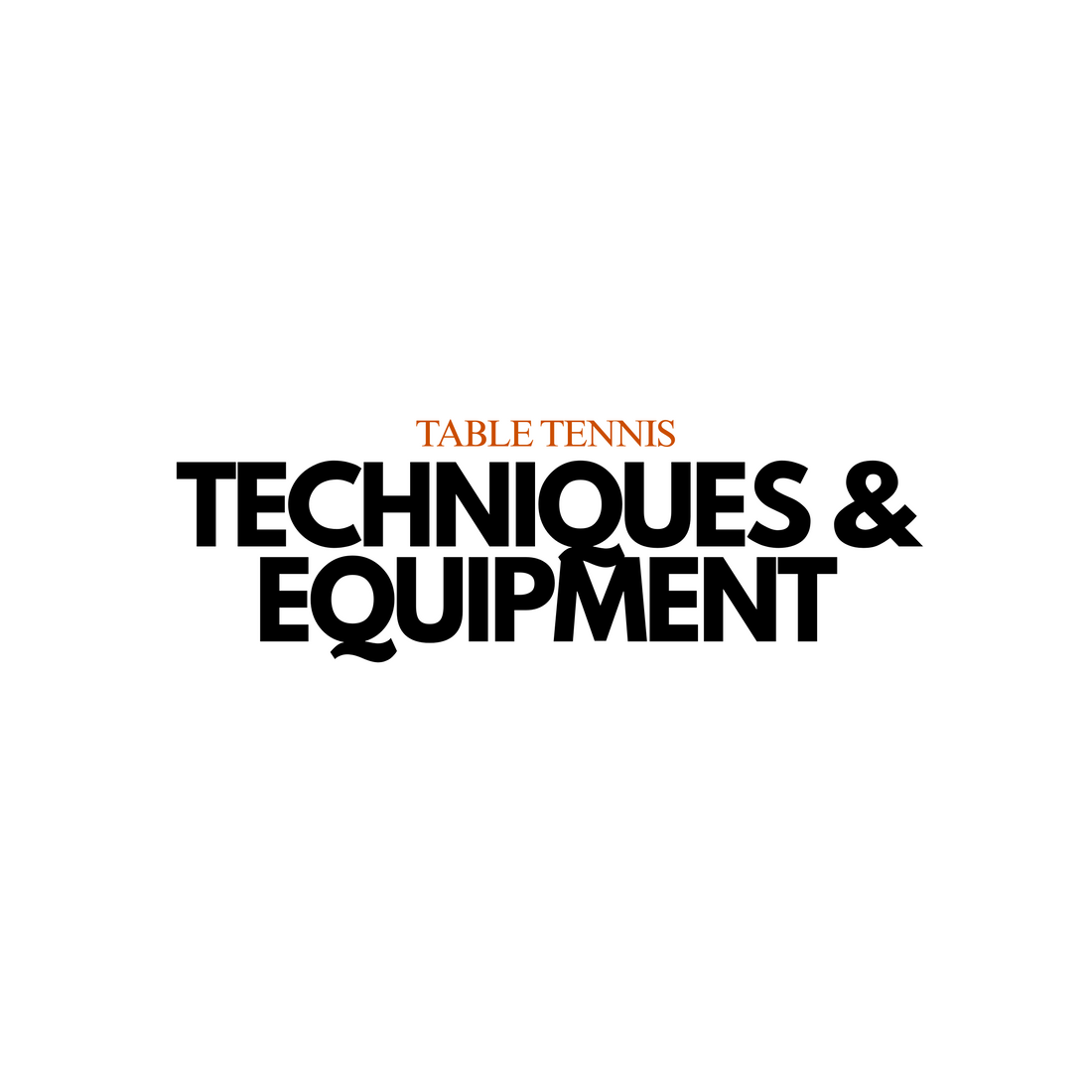
Table Tennis: Techniques & Equipment
Share
A brief overview of table tennis techniques and equipment.
________________________________________________________________________________________________________________
Playing Techniques and skills
Basic Strokes
-
Forehand – Striking the ball with the front of the racket on the dominant side
-
Backhand – Hitting the ball across the body using the back of the racket
-
Push – A soft, controlled stroke, often used defensively with backspin
-
Chop – Defensive stroke with heavy backspin, usually from mid to long distance
-
Smash – A powerful, flat hit aimed to end the rally
-
Loop – An aggressive, high-spin shot with topspin
Spin and Speed
-
Spin is a core element of strategy and control:
-
Topspin: Ball dips quickly after crossing the net
-
Backspin: Ball floats and stays low; harder to attack
-
Sidespin: Curves the ball left or right, making returns more difficult
-
-
Players combine spin with speed for offense or to disrupt opponents
Footwork and Reflexes
-
Fast, efficient footwork is essential for reaching and returning shots
-
Good positioning enables stronger strokes and better timing
-
Reflexes and anticipation are critical due to the game's fast pace
_______________________________________________________________________________________________________________
Equipment
Table
-
Standard dimensions:
-
9 feet long, 5 feet wide, and 2.5 feet high
-
-
Surface color is typically dark (green or blue) with a white boundary line
-
Divided in half by a net
Net
-
6 inches (15.25 cm) high
-
Stretches across the center of the table
-
Attached tightly so the ball can pass just above it
Paddle (Bat/Racket)
-
Constructed from laminated wood with layers of rubber on one or both sides
-
Varies in shape, grip style (penhold or shakehand), and rubber type (smooth, pimpled, tacky)
-
Affects spin, speed, and control
Ball
-
Made of lightweight plastic
-
2.7 grams in weight, 40mm in diameter
-
Hollow, typically white or orange in color depending on playing conditions
